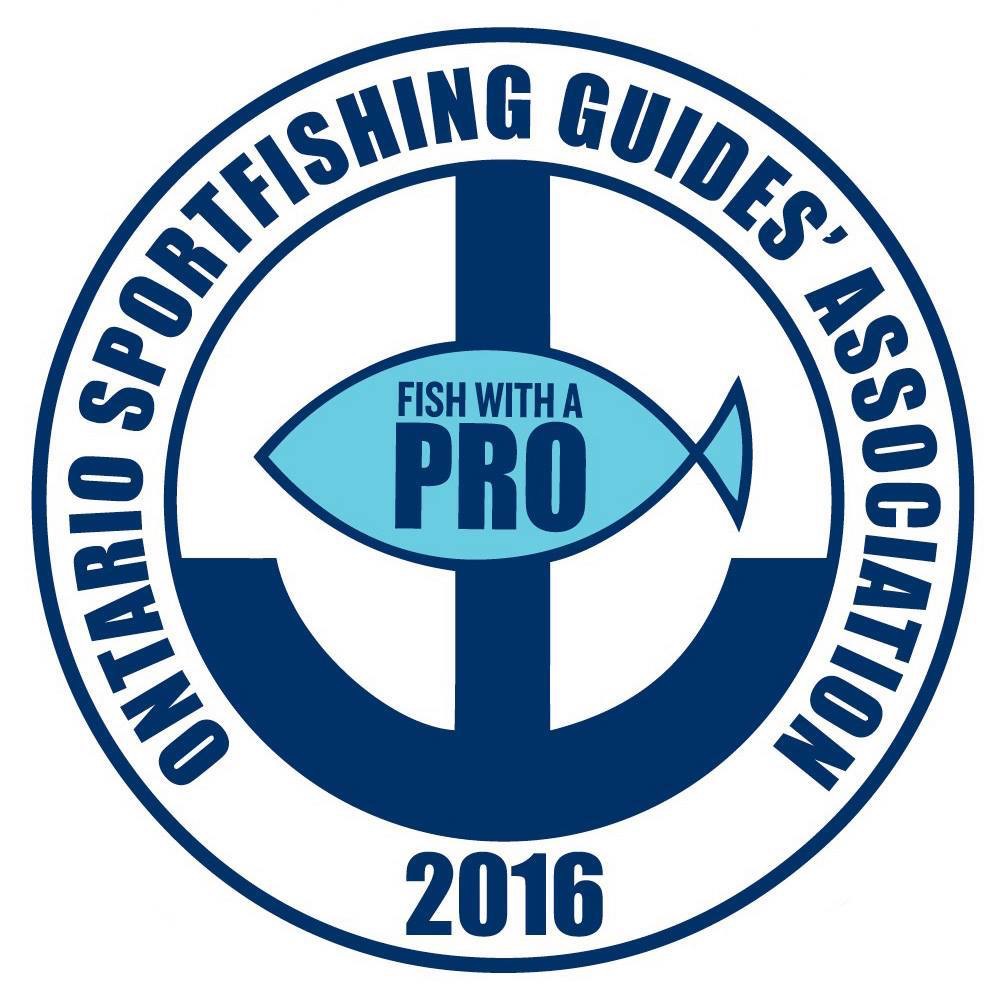
Spring Has Sprung Boating Checklist
Wow!
Mother Nature, Frosty the Snowman, Old Man Winter, Jack Frost and that little brown rodent called a Groundhog are finally ready to give up and wave the white flag!
The birds are singing, the rain showers have started and my lawn will soon be peeking out from the massive snowdrifts still in my yard.
The boat cover came off the Kingfisher and work was started in earnest to prepare for the upcoming tournament and charter season. Although I put my Kingfisher away with the upmost care last winter there is always maintenance and service items to take care of in the spring. As I reference my previous career as an airline pilot I always fall back on the “checklist” mentality I used to follow daily. These “checklists” not only help me prep for the fishing season, but they help me to remember the little things before every tournament and fishing charter. Some items may seem redundant but that’s the idea. I always sleep better knowing that my tools of the trade are ready to perform.
In addition to the following “checklists” I also try and incorporate another of my airline habits. The “walkaround” which is a quick stroll around your rig before you leave for the ramp or after you are off the water and it can pay huge dividends in verifying all of your gear is stowed and ready to tow down the road. The four following categories will give you a guideline to build your own checklist to work from.
Tow Vehicle Checklist:
Engine Belts – Check for wear or cracking and repair or replace as necessary.
Battery – Check for secure clamps, corrosion and fluid level (if required).
Engine Fluid Levels- Oil, Radiator, and Transmission; summertime towing puts extra load on your vehicle, make sure its ready for the task.
Tires- Check for uneven wear and proper inflation (including spare).
Hitch Assembly- Check for corrosion, broken or frayed wires and hitch pin.
Taillights/Backup lights- Check operational
Trailer Check-List:
Trailer Wiring Harness- Check for damage and frayed wires. Dab a little dielectric grease on the harness pins.
Trailer Tongue Weight- It should be 9-15% of the total trailer weight. Many online videos explain how to simply check and adjust with bathroom scale.
Trailer running lights and turn signals- hook to your tow vehicle and check operation. I also carry extra bulbs and an extra hitch pin with me.
Trailer Tires- The #1 reason for all trailer tire failures is proper inflation. Reference manufacturer recommended psi for your tire and load combination. Also check for uneven wear and missing rubber and repair or replace immediately.
Spare Tire- Check for proper inflation, and make sure you have a proper jack, lug nut wrench and wood blocks to change a trailer tire roadside.
Tie Down Straps and Winch Cable- Visually check for wear and secure/tighten fittings and repair or replace as necessary.
Tow Vehicle or Trailer Insurance- Do you have the proper insurance for your needs? Many policies offer roadside assistance, which is a comfort in the bush or on the 401.
Boat Safety Items Checklist:
Lifejackets/ PFD’s- Size appropriate for your passengers, look for wear and tear (broken clips, zippers etc.) If they are the inflatable style, are they serviceable or do the CO2 cylinders need replacement?
Signaling Devices- Verify the proper amount and type applicable to your watercraft. Flare-guns, smoke flares, signaling mirrors, whistles, flashlights. Verify working condition and check expiration dates.
VHF Radio- Power up to verify battery charge and/or operation.
Fire Extinguisher- Check if size is appropriate to your vessel and that it is still charged. Shake to loosen the dry chemical inside.
Motor Kill Switch- hook tether to your life-jacket or PFD and verify operation when tripped.
Navigation / Position Lights- Turn on and verify operation, replace bulbs as necessary.
Review Location – Bailing Devices, Propelling Devices (oars), Throwable Life Rings / Floating Lines, Re-Boarding Ladders.
Boat Checklist:
Trolling Batteries- Check for full charge, corrosion, top-up fluid levels (if required), and make sure battery tie downs are secure.
Hatches/Stowage Areas- Check for signs of critters (raccoons/mice) and bugs (wasps/spiders) they all like boats. Nests can plug up livewell / bilge pumps and overflow valves.
Bimini Tops- Unfold and check snaps, zippers and re-tighten brackets and fittings
Fuse Block- Check the wiring for loose leads, frayed wires or possible rodent damage. Make sure you carry a bag of spare fuses.
Boat Starter Batteries- Check for signs of corrosion, loose fittings / tie-downs. If appropriate check the fluid levels.
Boat Plug- Simple but forgotten every year, check and re-check and carry a spare.
Fuel Filters / Water Separators- Check for signs of water or particle fouling and wear and replace as necessary.
Motor Oil Level- Check levels and replenish as necessary.
Spark-Plugs- Check for signs of loose wires and uneven wear on the sparkplugs and replace as necessary.
Lower Unit Oil- Check level and colour of the oil. Milky white is a sign of water intrusion and further inspection may be required.
Prop / Skeg- Inspect for signs of damage, remove prop check for old fishing line and re-grease prop shaft.
Sacrificial Anode- Look for normal wear and replace as necessary.
Hopefully reading through my “checklists” will have given you a few ideas to use and will increase you and your family time on the water this season. I suggest you make your own “checklist” that is pertinent to your vessel. Planning for the unexpected is what a captain does for everyone to enjoy their day on the water.
Safe boating!
Nicholas “Walleye” Werner
www.wernersadventures.com





Comments are closed, but trackbacks and pingbacks are open.